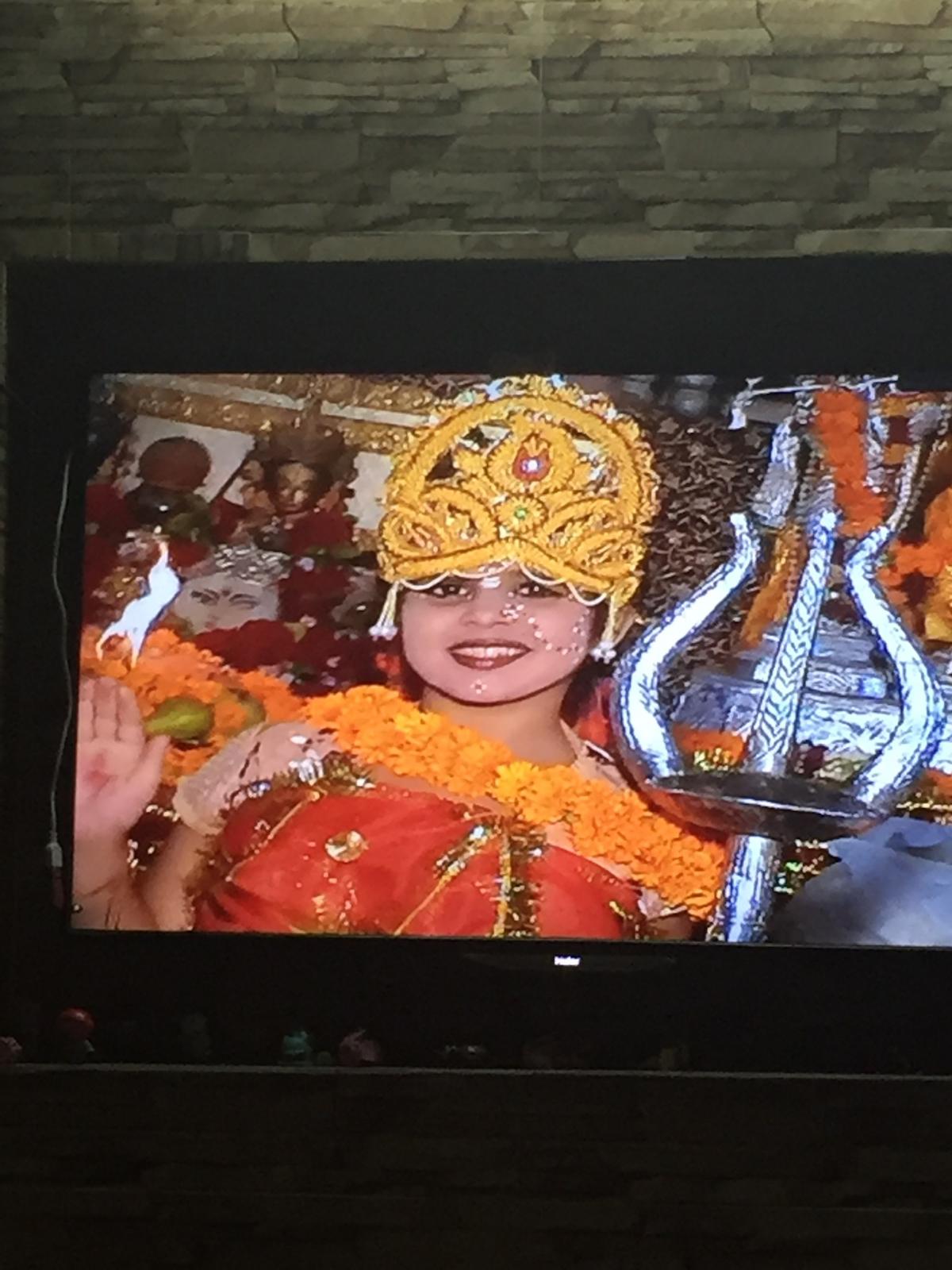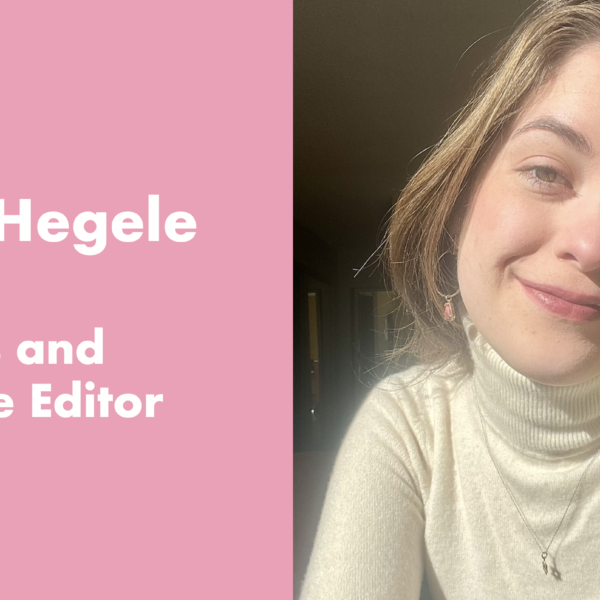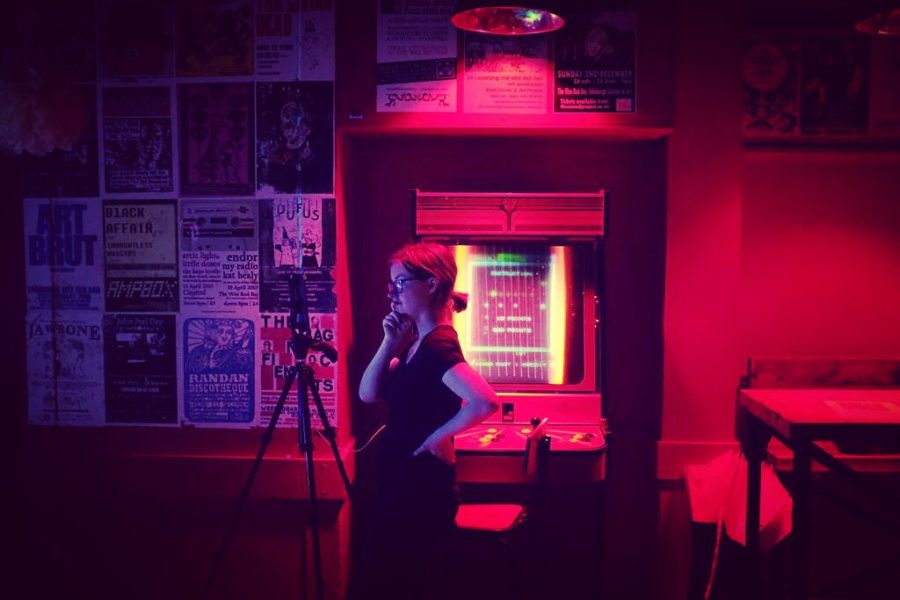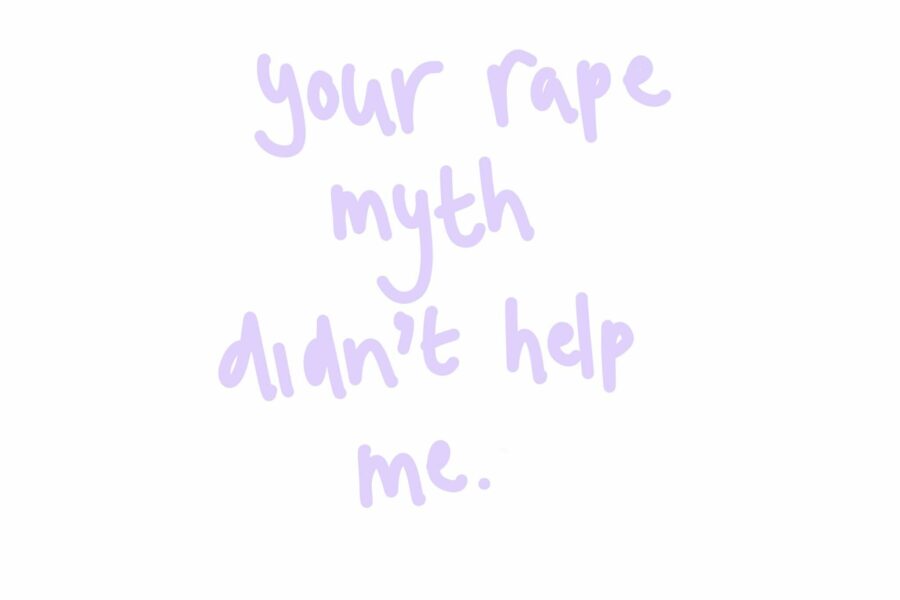The confrontational question ‘what advice would you give to your former self?’ is usually met with angst, an awkward laugh and regret. Perhaps this is just me, but the initial jerks of discomfort I feel when I think about my younger self is mostly down to how different I think I am. There is a strong dissociation between that person then and the person I am now, and the most prominent difference between the two is the way I view myself as an Indian person.

Identity and time
My identity was marked with feelings of shame and trying my best to be ‘less-Indian’ which seems alien to me today – especially now that a few minutes into meeting someone I will probably tell them to explore India for six months! As expected with most adolescent girls, they imitate the attitudes, clothes, music taste, behaviour (and whatever else constitutes a personality) of their peers. Of course, I was no exception, but I had copy and pasted the persona of my friends who were white. After several high school years engraved with embarrassment of being brown and concealing my family life from my peers, I came to university with no idea that I was, in fact, Indian. Shocker! This paradoxical change in identity to one that had been lurking all along, is what makes this intensely retrospective question so difficult, as I would be speaking to someone who didn’t realise they were brown.
I have come to value time and take some comfort in the future, knowing that things I think to be true about myself now will have no correlation to my future self. Insecurities, guilt and anxieties might be a distant memory later on in my life, so I think it is important to reassure the teens today that nature will take its course. Like most, I was stubborn and would retaliate when my mum would say anything against who I thought I was (e.g. “you’re going to outgrow this obsession with The 1975 you do not need another poster”). Little did I know how much truth there was in her remarks.
Growing into your identity is something that should be pressed more, not to the extent that teens are more anchored in adulthood than they are in the present, but enough to help them relax. When you make a mistake, when you are heartbroken, or when you look in the mirror and see mosquito-bites not breasts, you are usually told that things will get better as you get older. This advice is distinctly underrated in our current social climate where everything is documented online. If I cut my hair a certain way or shopped at certain shops, luckily I would only have to parade a micro fringe to my school for a few weeks; rather than be online to be hawked at, screenshotted and spread like butter on a hot plate. When something is online it seems much more concrete and it is intimidating to think that a phase of your life is lost somewhere in ‘the cloud’. So, I think now, even more than before, it is important to remind ourselves that these ‘phases’ will eventually pass and that they will sprout into their own identity one day.
Arguably, we are shifting towards a more inclusive understanding of community and an honestly diverse culture, unfortunately this did not ring true when I was growing up. Being South-Asian was not ‘cool’ and according to standards of normality I inferred from Youtube and school, I tried my hardest to be the Asian in Caucasian. The weight of doing so is something that still affects me today, for example if I were to ever be catcalled I would immediately think it is because they have a brown-fetish above anything.
I was sitting on this incredible culture and connection that I decided to reject to benefit nobody. The weight is particularly heavy because there is no one to blame but myself, and I now find it ironic that I rejected my own heritage when I am now writing my dissertation on South-Asian identities. There is an increased awareness surrounding internalised racism and we can even point to some public characters today who seem to actively deny their background (we see you, Priti Patel), and normalise this shame. However, it is difficult and potentially futile to point fingers at individuals as not only is it a systematic struggle, but shaping one’s identity is plainly personal.
A story I like to tell is when I was bouncing to school, aged 13, and someone said to me that I didn’t smell too much like curry that day. To this day I still layer on the perfume like it’s my job – but I could have chosen to retaliate and make them feel ashamed for even thinking that that was a permissible thing to say. That being said, I can’t change the past and gathering a catalogue of past discriminatory incidents seems just as futile, so I now advocate for racial justice and stand up for values that promote a more inclusive society – ideally well versed in why you can’t comment on someone ‘curry’ smell not just what you shouldn’t comment on. I cannot say I was unhappy, or that I felt like I didn’t belong. I was almost convinced that I could settle for the lack of people that looked like me, that I could spend my whole life mixing colours of make-up to suit my skin tone or to even uphold the lie that my mum made sausage and mash rather than dhal. However, I do regret not appreciating the few mentors I had that were Indian, and often wonder if embracing my ancestry would have diminished the insecurities I was riddled with every day.
Fast forward to reality, I do not fabricate stories to seem more in line with my white peers and I have found peace with the fact that the first thing people may see is my skin tone. I can safely say I host an average of 4.5 Indian food nights a month and have no shame in calling my mum for emergency channa recipes. I am so grateful I grew up in London where diversity is etched into most of the streets. Despite the fact I feel so disconnected from my former self, perhaps it is a positive in showing that I have grown-up and am past the point of being tempted to jettison my Indian identity and discredit my heritage again.
Deepali Chabbra
header image via Deepali Chabbra





Very well written and clearly articulated the unwanted obligations we end up following to get acceptance in multicultural society. Be proud of your roots. India gave lots to this world, way more than curry and pickles.
This is a very insightful article Deepali,
I am glad you got so much clarity so early in life. Your growth starts when you are out of the beliefs that don’t serve anyone. These beliefs are often imposed by society unconsciously and sometime even by oneself.
Keep it up, I want to read more from you..